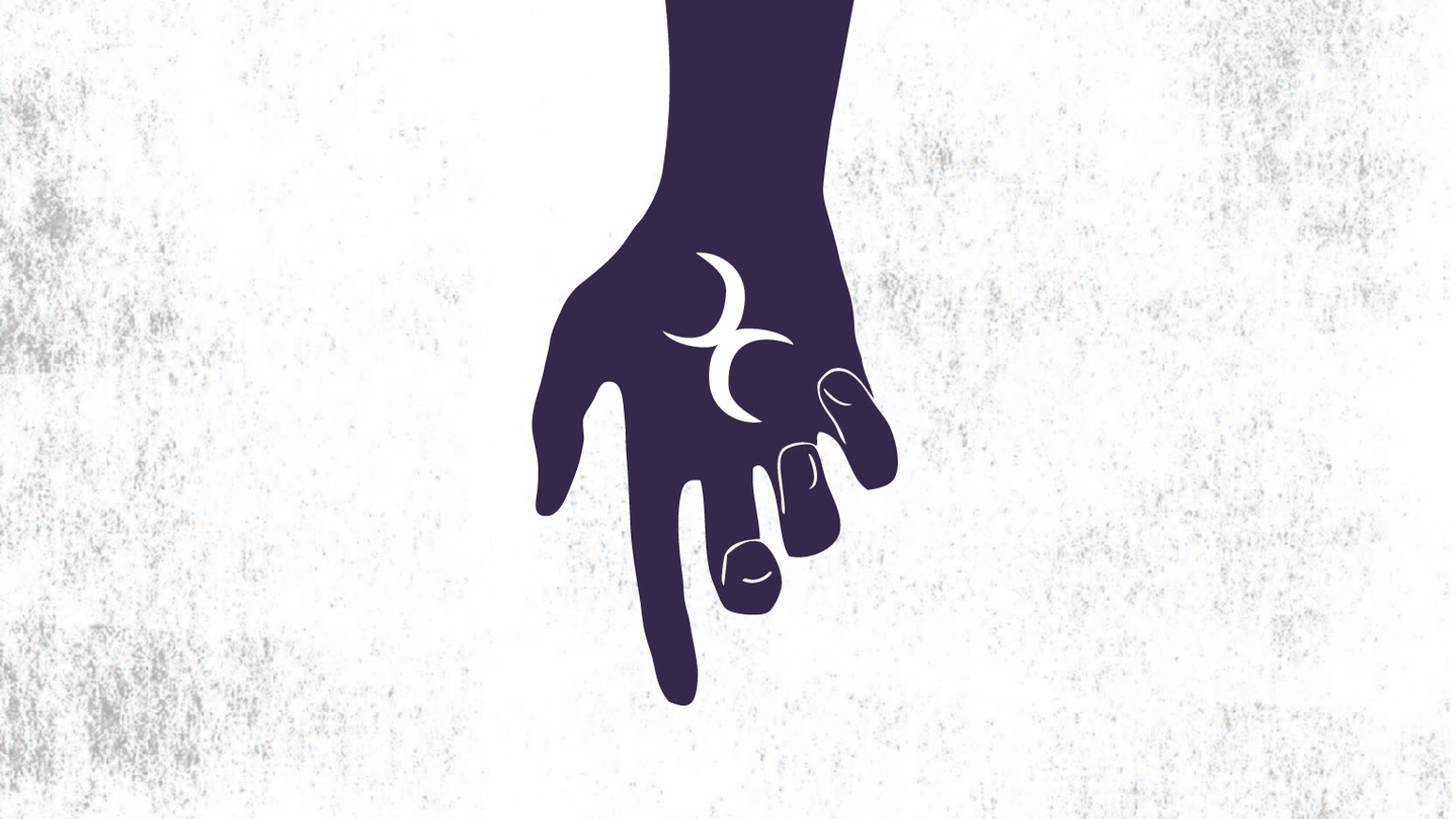CONTENT WARNING: self-harm, sexual assault, suicide
New Edinburgh-based feminist publishers Monstrous Regiment have joined the ranks of indies who are using Kickstarter to amplify marginalised voices. Their first ever publication, The Bi-ble: An Anthology of Personal Narratives and Essays About Bisexuality, seeks to undo bi-erasure by sharing a plethora of stories by and about people who identify as bisexual, covering topics as diverse as fan-fiction, self-harm, Buffy the Vampire Slayer, and sexual assault.
The lynchpin behind each essay is the goal to create solidarity with bisexual readers. In a world where bi characters are rarely portrayed in the media – and where they appear, they do so in a negative light – The Bi-Ble’s contributors seek to create a more honest and supportive account of their experiences. Without generalising too much about the bi community, it is gratifying to see certain themes and topics crop up in multiple essays. The collective disappointment over Willow identifying as a “lesbian now!” or biphobia suffered at some Pride events makes it feel like the contributors are rallying and talking to each other across the book.
One of the collection’s strengths lies in its relatability for all readers, bi or not. Moments where biphobia is dissected, both in heterosexual and in lesbian and gay communities, are shrewd and unflinching but also appeal to these groups by being rooted in common experiences. Bisexuality should obviously be considered normal, which familiar stories about adolescent insecurities, pop culture, and learning how to have better sex help to reinforce. As a heterosexual-identifying person, I found plenty of material that I recognised myself in that also opened my eyes to the many oppressions that others face.
The Bi-Ble is nothing if not thorough, featuring essays not just from bi-identifying individuals but from an array of non-heterosexual (and non-cis) writers. These diverse perspectives reinforce Monstrous Regiment’s commitment to intersectional feminism, which is also evident in the way that different identities collide with sexuality in each essay. Discussions of bisexuality provide a window into multiple experiences, sometimes directly – for example when Chitra Ramaswamy compares her sexuality with being biracial – and other times more subtly, as when Joseph Guthrie glimpses Grenfell Tower whilst contemplating suicide. This collection is a great example of how identity politics need not equate with isolated activist groups, since we are all inevitably interlinked by our overlapping experiences.
